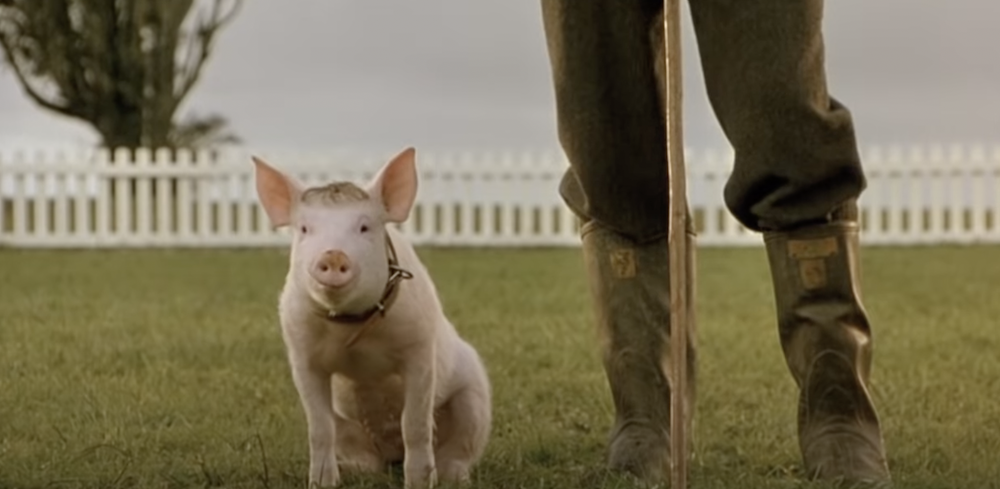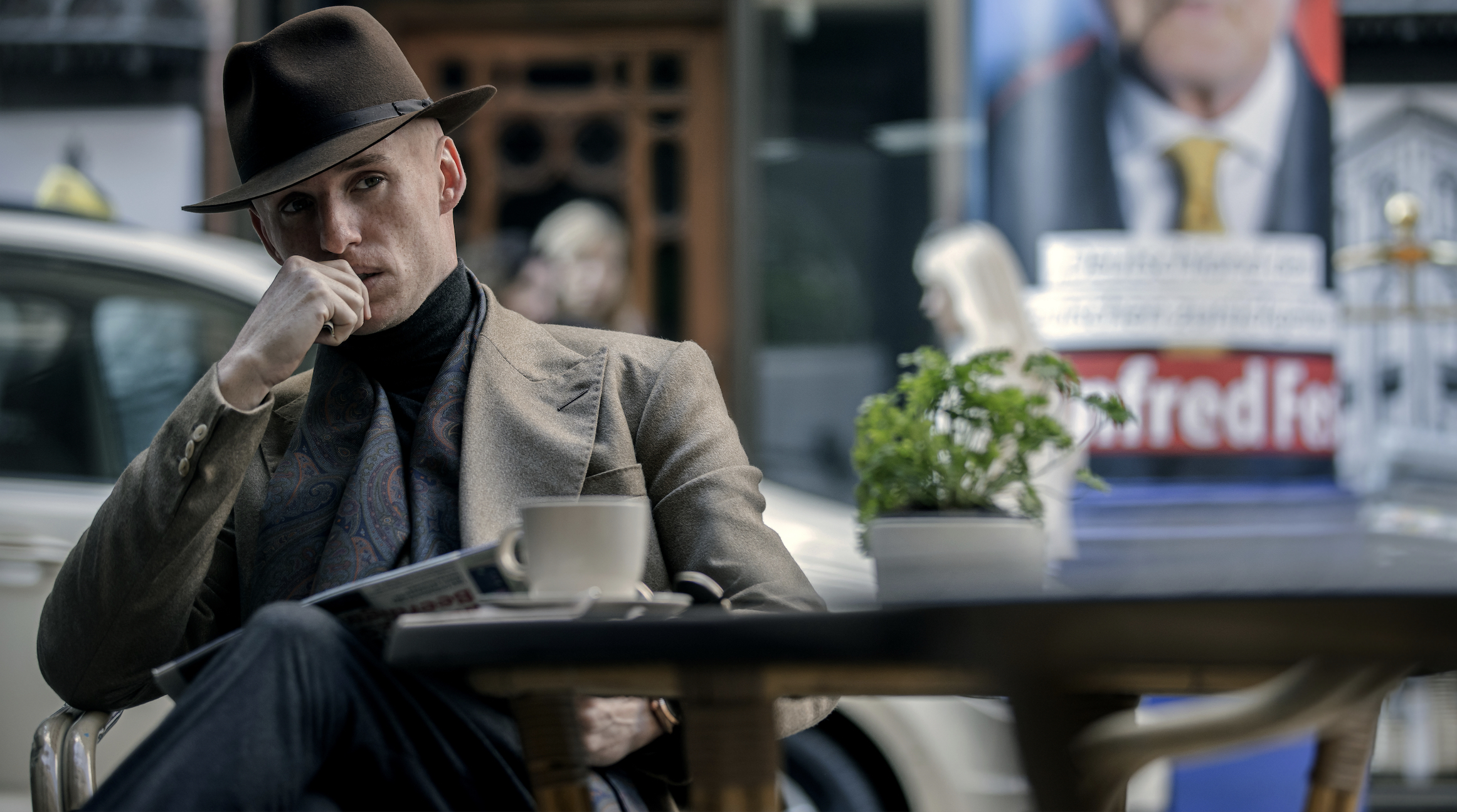Wow. Lawrence Wright must have really polished up his crystal ball before writing this medical/political thriller, released in late April. As a Pulitzer Prize-winning journalist, he has a knack for describing history and its relevance today, capturing both the big political picture and the significant details that make characters memorable and wholly human.
That skill is put to good use in The End of October, which tells the story of a brutal pandemic. You may feel you get enough of this topic, thanks to the daily news, but this book manages to be an exciting read and is equally exciting to listen to as an audiobook.
It’s clear Wright interviewed many people with a good sense of what is needed to deal with a pandemic and how far short of that America’s capacity has been. He layers in solid scientific information about the way pandemics spread, how viruses affect the body and problems in developing treatments and vaccines. Most readers will appreciate all this background, though some may lack an appetite for it. It’s truly jaw-dropping that so many of Wright’s fictional scenarios he describes have come to pass in real life.
Beyond the science, beyond complaints about lax preparedness, even more astonishing is how Wright nailed human behaviour. Over the last few months, many world leaders have behaved in the self-serving, short-sighted ways Wright describes so effectively.
There are differences, of course, between the book’s situation and ours. His viral agent causes not a flu, but a haemorrhagic illness, akin to Ebola, and is even more deadly than COVID. This new pathogen is discovered when doctors treating HIV in an Indonesian camp for homosexual men encounter mysterious deaths and start dying themselves. Henry Parsons, an American physician from the Centers for Disease Control in Atlanta takes a detour on his way home from a World Health Organization meeting to check it out. The man who drives him to the camp and mingles with the prisoners is a Muslim and on his way to the hajj. Eventually, the virus Parsons discovers there is given the name of the camp itself, Kongoli.
When he realises his driver has gone to Saudi Arabia, he panics and pursues him. If the driver did contract Kongoli, he’s now crowded in with millions of pilgrims from all over the world, perfect conditions for virus spread. He and his friend, Saudi Arabian Health Minister Prince Majid, find the driver in time to witness the first evidence of spread of this deadly new pandemic.
The fictional Parsons has a wife and two pre-teen children back in Atlanta and is eager to get back to them. The wife is a bit disappointing, and I didn’t get a sense of her as a fully realised character. ‘Yes, Henry, you’re saving the world, but I need you here!’ kind of thing. Their younger child, a son, is adopted, brought back by Parsons from a scientific expedition in South America that went, we eventually learn, horribly wrong.
Parsons’ heart may be in Atlanta but it’s almost impossible to get back there as travel out of Saudi Arabia becomes increasingly restricted. He finally hitches a ride on a US submarine returning home and finds more Kongoli patients. The sub is a cramped space, air is recirculated, and treatment facilities and supplies are minimal. Caring for the ill submariners challenges Parsons’ memory of past infectious disease control measures and his creativity in applying them.
Meanwhile, on the home front, chaos and tragedy are everywhere. I was stopped short by this summation: ‘Government broken. Mobs in the street.’ Wright, with all his prescience, didn’t predict the current wave of peaceful protests; his mobs are looters. Still… the tipping point into chaos is vividly present.
The last section loses focus, morphing into a more predictable political thriller, with the ‘great powers’ intent on destruction, eco-terrorists blind to everything but their own agenda, and other complications that feel piled on. The situation is fraught enough without that. However, most of the book is devoted to the health crisis and the principled actions of some individuals in an extreme moment – Parsons, Captain Dixon from the submarine, and Prince Majid, among others – and those sections are strong.
The audio version is read by Mark Bramhall, winner of numerous AudioFile awards. His narration reinforces Parsons’ measured style, and he is quite adept at portraying the many other characters, accents and speaking styles too. As I listened to the audio version of this book, I visualised Dr Anthony Fauci every time Parsons spoke. The same deliberate demeanour, the same calm authority.
More pandemics? You might try Peter Adamson’s The Kennedy Moment or South African author Deon Meyer’s Fever.
Penguin Random House
Audiobook/Print/Kindle
£18.28
CFL Rating: 4 Stars





